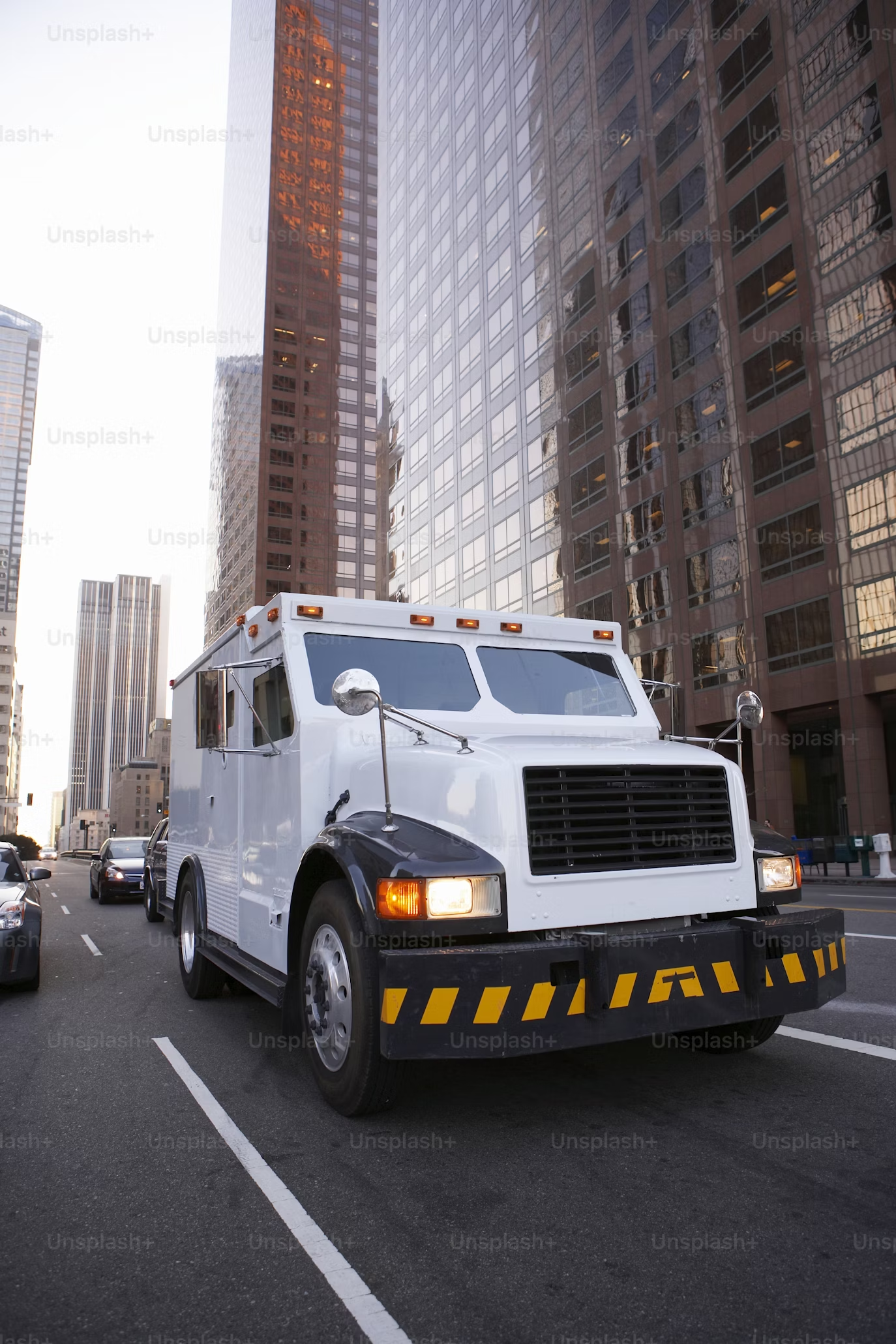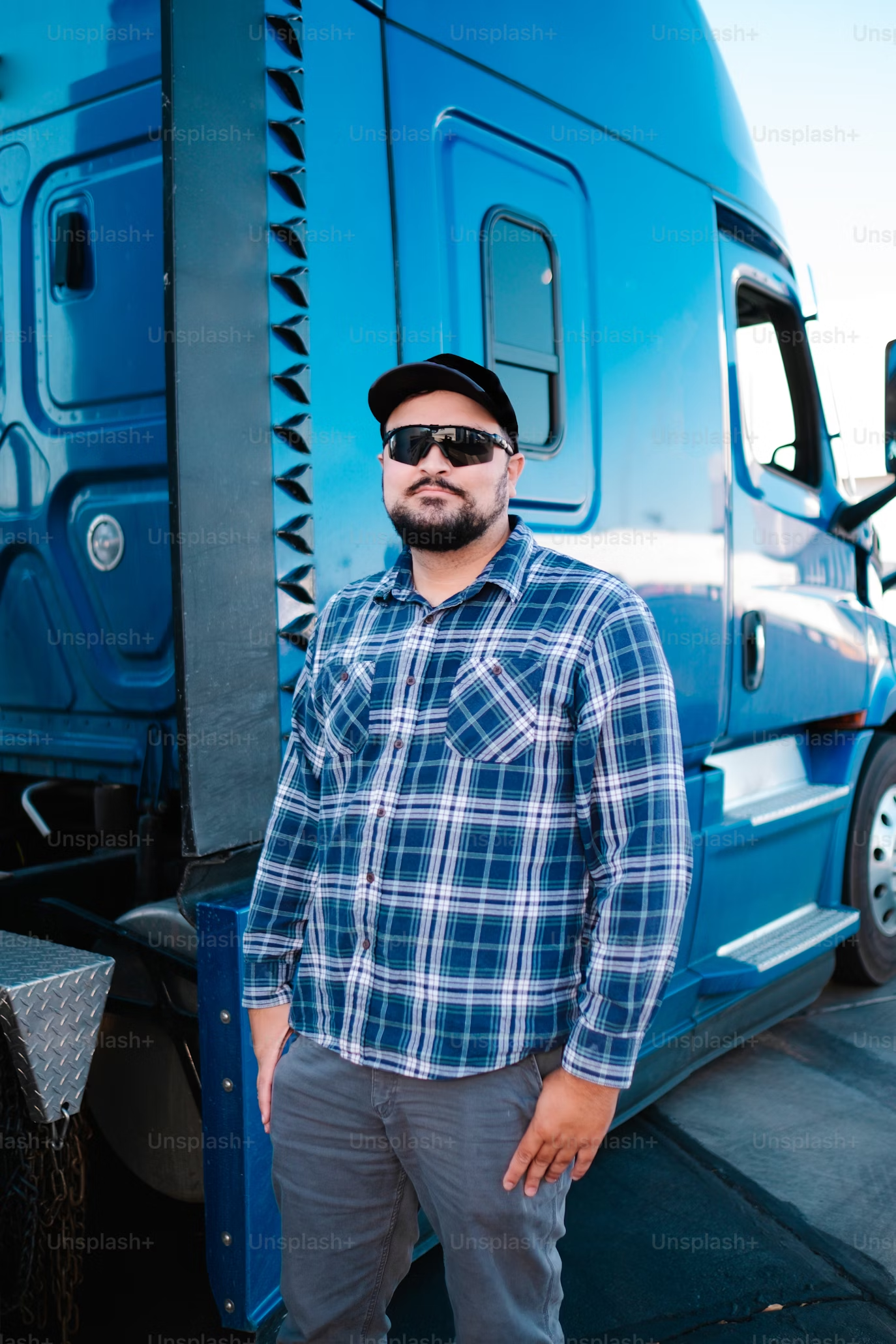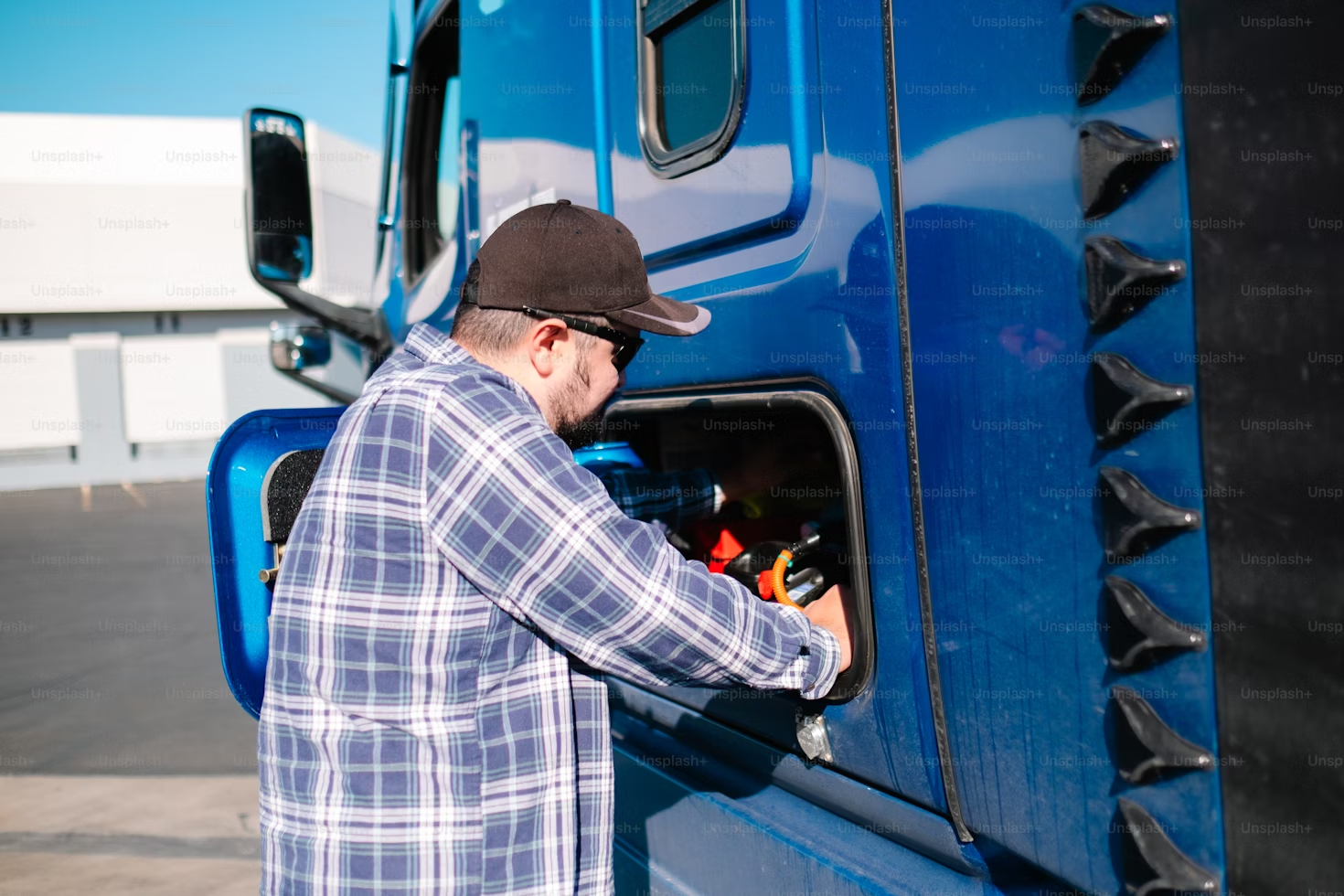The most imperative line of protections scope for any trade that employments commercial trucks is the truck protections. Whether one is owns a single truck or running a fleet of trucks or vehicles it is important to have insurance coverage for the asset, the people working for you and for your pocket.
**Understanding Truck Insurance**
Truck insurance gives a provision of risks that are related to commercial transport of the trucks. It includes broader and more specific coverage than the personal auto insurance and the possible covers are legal liabilities, cargoes, and physical harms to the truck. Standard coverages often embrace compulsory insurance of third party and first party property damage containing liability, collision, and comprehensives on the car in an occurrence.
**Additional Coverage Options**
Apart from the above, there are a number of what is referred to as «extra» that you might want to have added. Cargo insurance provides cover to the articles that you are transporting and this is very important especially where you will be moving articles that are special or have high value. Bobtail insurance or non-trucking liability insures your vehicle at times it is not out on a run thus giving you security when the truck is not carrying freight. The other vital coverage is the workers’ compensation which will cater for the drivers in the company in case they get injured.
**Why It’s Important**
Truck accidents can easily turn into very expensive incidents that involve the cost of the trucks as well as additional legal responsabilities and lost merchandise. When you do not have enough coverage, one crash can bring your company to its knees, financially. Moreover, most of the contracts demand evidence of particular insurance covers, and hence, a crucial aspect for the sustenance and development of business relations.
**Choosing the Right Policy**
To choose the most appropriate truck insurance policy, one must consider several factors to include the type of freight hauled, distance traveled, and at least one or a fleet of vehicles. An insurance agent can therefore advise on how to develop a policy that will adequately cover a client while at the same time meeting the economic necessary.





